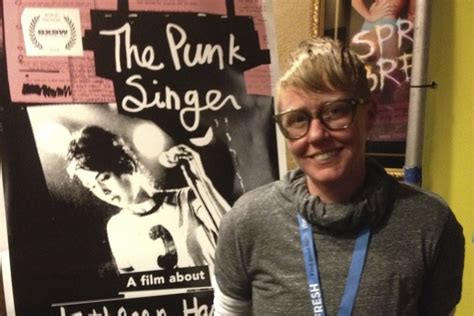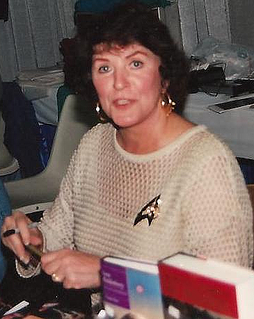A Quote by Alan Palomo
I find it so funny that for the first time in history, people have access to this great equalizer in the Internet, which grants everyone the same knowledge base, and we use it to read album reviews and watch kitten videos... not to put those two things in the same light!
Related Quotes
Reviews are all bullshit, because they always change. When House of 1000 Corpses came out, all the reviews were awful. It was impossible to find a review better than "The worst movie ever made." And now I'll see more-modern magazines, and sometimes they'll re-review things, and I'll read this great review for it. It's the same thing with White Zombie! People talk about "Oh, White Zombie, these classic records. Why don't you do them now?" Everyone hated those records when they came out! The reviews were terrible.
The thing which attracted me to Google and to the Internet in general is that it's a great equalizer. I've always been struck by the fact that Google search worked the same, as long as you had access to a computer with connectivity, if you're a rural kid anywhere or a professor at Stanford or Harvard.
The videos are sometimes the only way for people across the country and different places to see and hear the music. They may not get the same radio stations or they don't get the same TV channels, they don't have the same MTV that plays the same music. People will use to the Internet and that's why YouTube and stuff like that is so important.
Getting global innovation projects right is really important as they create competitive advantage two ways. When the knowledge for an innovation is from different sites around the world, it's very much more difficult for competitors to copy these innovation - they'd have to access the same knowledge from the same places. Secondly, costs and time to market can be significantly reduced leading to first mover advantage through parallel development in global projects.
I struggle to try not to read the press about my album. It was great when the first stuff came out to hear that people liked it, but at the same time at this point it's almost hard for me to read because as much as I'm uncomfortable with my voice, trust me, I'm more uncomfortable with the things I say. [laughs] To see it on a written page, it's like, "Oh my god. I told that guy I'm a hopeless romantic! What am I doing?"
History is not everything, but it is a starting point. History is a clock that people use to tell there political and cultural time of day. It is also a compass that people use to find themselves on the map of human geography. History tells a people where they have been and what they have been, where they are and what they are. Most important, history tells a people where they still must go, what they still must be. The relationship of history to the people is the same as the relationship of a mother to her child.
Knowledge has two extremes. The first is the pure natural ignorance in which all men find themselves at birth. The other extreme is that reached by great minds, who, having run through all that men can know, find they know nothing, and come back again to that same natural ignorance from which they set out; this is a learned ignorance which is conscious of itself.
































